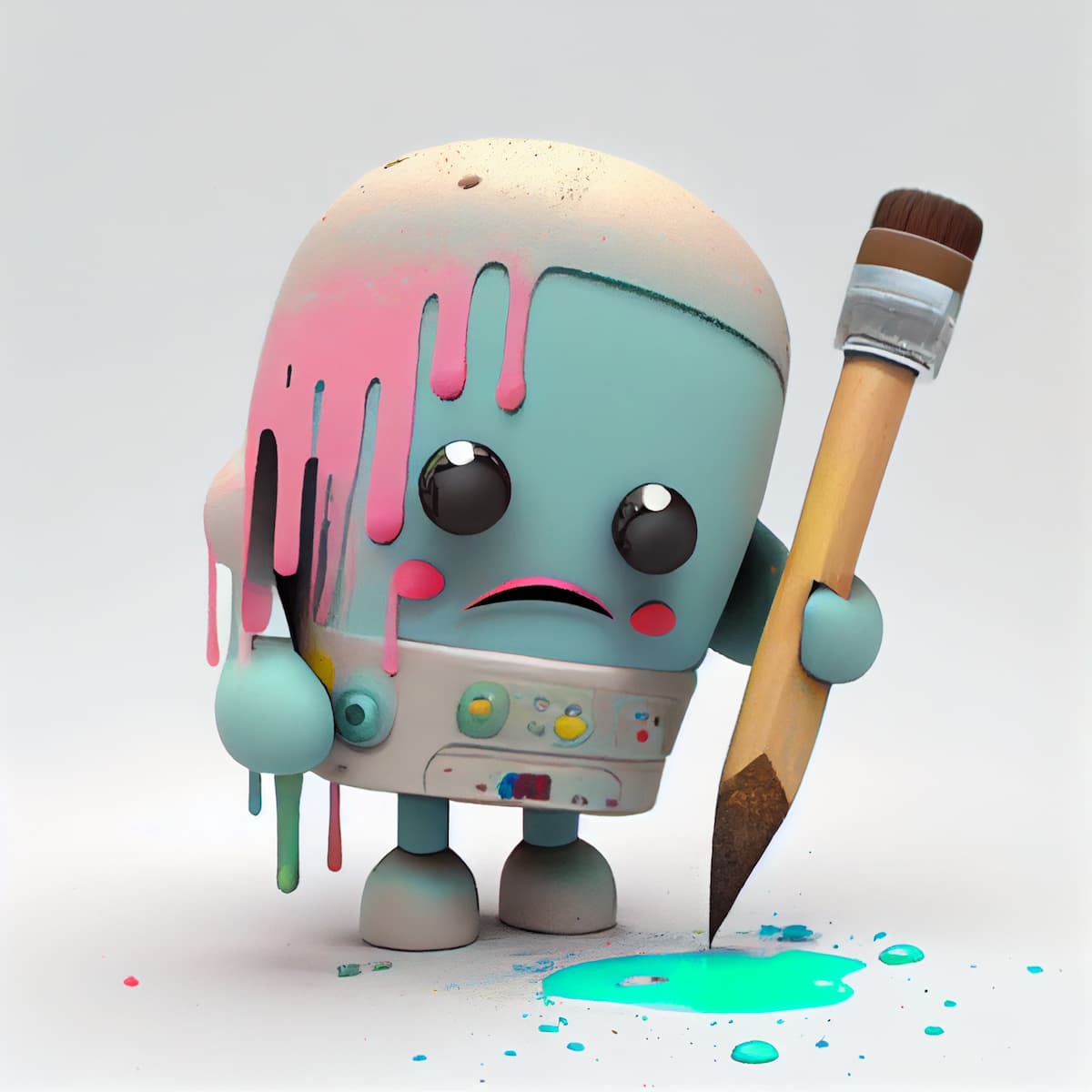ArtStation, the popular platform for artists to showcase their work, recently updated its Terms of Service on December 16, 2022, and again on January 22 and February 23, 2023, with new features related to the use of AI software in the creation of artwork posted on the platform. These updates, however, seem to be taking a step backward for the growing field of generative art. Here's a review of Artstation's policy.
"NoAI" Tag: A Setback for AI-Generated Art
One of the major updates introduced by ArtStation is the "NoAI" tag, which allows artists to tag their projects as off-limits for AI systems. This may give artists more control over their work, but it also restricts the potential for AI-generated art and limits the exposure of this growing field to the wider public.
Prohibitions on Collection and AI Training: A Threat to Generative Art
ArtStation has also updated its Terms of Service to prohibit the collection, aggregation, mining, scraping, or any other use of content uploaded to the platform for the purposes of testing, inputting, or integrating with AI or other algorithmic methods where the content has been tagged "NoAI." This restricts the potential for generative art and makes it more difficult for artists working in this field to showcase their work and connect with potential buyers.
Commitment Against AI Training: A Missed Opportunity
In addition, ArtStation has committed not to use, or license any third party to use, any ArtStation content for the purpose of training Generative AI Programs. This misses the opportunity to promote and support the growth of generative art and the potential for AI systems to create new and innovative works of art.
"CreatedWithAI" Product Tag: A Barrier to Generative Art
The latest update to the ArtStation Terms of Service requires that content distributed through the ArtStation Marketplace that is created using Generative AI Programs must have the "CreatedWithAI" product tag applied. This product tagging, however, may serve as a barrier to generative art and discourage artists from showcasing their work in the ArtStation marketplace.
In conclusion, while ArtStation's recent updates to its Terms of Service may seem promising, they ultimately take a step backward for the growing field of generative art. These updates restrict the potential for AI-generated art and make it more difficult for artists working in this field to showcase their work and connect with potential buyers. It is important for platforms like ArtStation to support and promote the growth of generative art, rather than placing barriers in its path.





